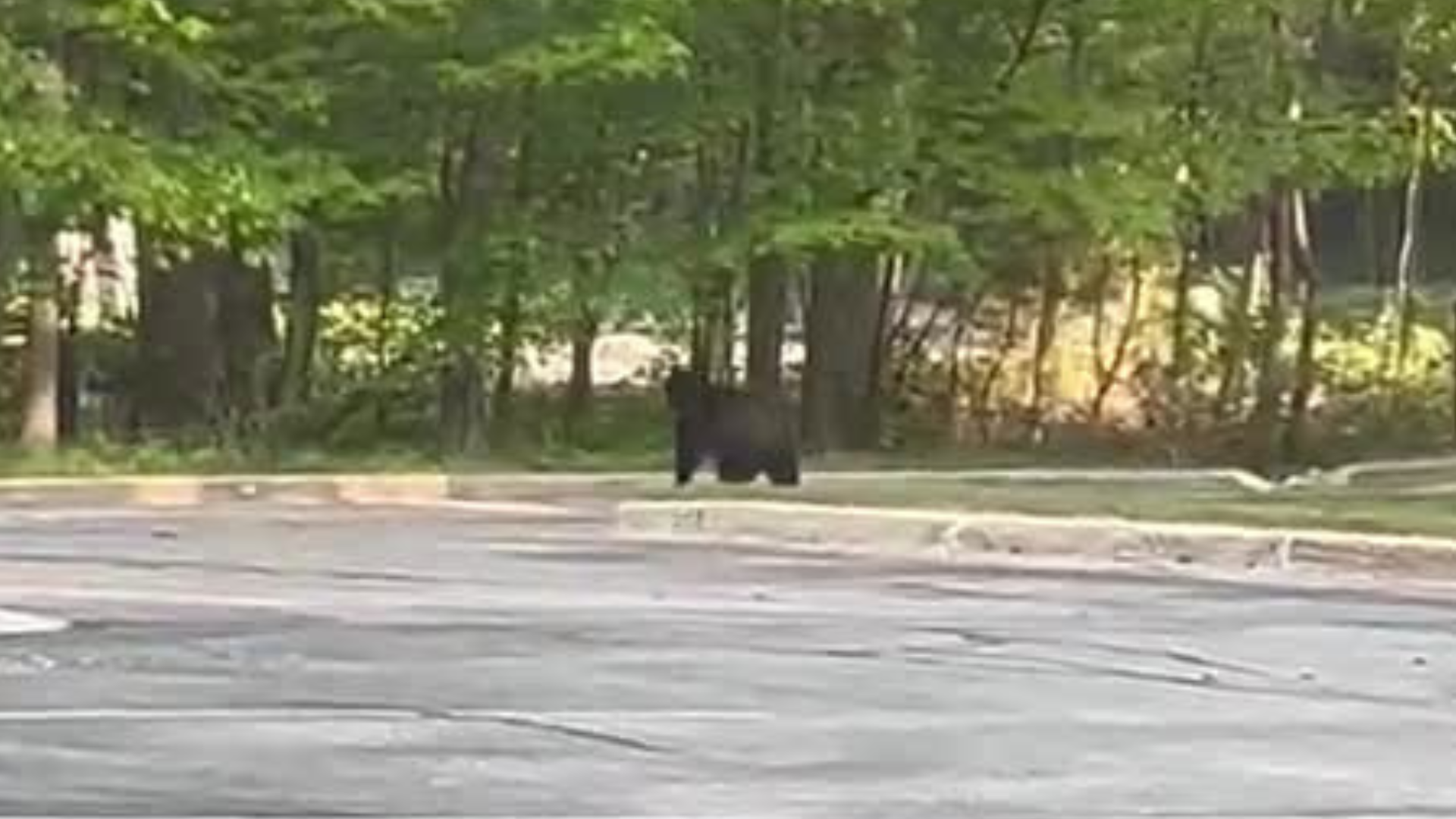

An early warning sign of COVID-19 is loss of taste and smell. Then, there are people who suffer from “long hauler” symptoms after their recovery from COVID.
Parosmia is a disorder that makes things smell unpleasant, like rotting garbage. It’s being reported more in patients that have recovered from the disease.
Minah Hubbard is a freshman in high school in Houghton Lake. While she should be enjoying pizza parties with classmates, she’s instead leaving the classroom to get away from what she recalls as “rotting meat” smell.
She came home from a half day Friday, and when her mother asked her how the house smelled, Minah replied, “Right now, it smells like moldy orange vinegar.”
Minah has been living with parosmia since December. She initially had COVID-19 in Sept. 2021.
“The weekend of December 5th, we went out to breakfast,” says Minah’s mother, Jessica Hubbard. “We were at a breakfast buffet, and she was eating, and she started noticing that the food tasted off and she had actually asked, does this meat taste rotten to you?”
Jessica took Minah to a doctor, who said she was experiencing parosmia.
“I had come home from work, and she had used a whole can of peppermint air freshener in the house,” says Jessica. “I asked her, what are you doing? And she said, it smells like there’s a dead body in our house.”
The disorder affects not only the sense of smell but in turn the taste of food.
For a while, Minah wasn’t eating well due to her symptoms. Now, she eats the same foods twice a day – strawberry protein shakes and honey ham and shredded cheese wraps.
Then, she takes her food to her room to eat in isolation, away from the smell of other food.
“I can’t really communicate with anyone while I eat,” says Minah. “When I eat I like to talk a lot. Now, I can’t do that. I just sit in here alone and watch Netflix.”
The symptoms not only impact Minah’s life but her parents too.
“It’s heartbreaking because I can’t help her,” says Jessica. “I can’t stop what’s happening, but she’s here alone. It’s just me, her and dad. So at dinner time she has to go to her room if I’m going to cook something so she doesn’t smell it. ”
To regain her sense of smell, Minah is retraining her brain to recognize smells through smell therapy. This process involves smelling strong scents such as citrus, perfume or eucalyptus each day to re-train the brain to “remember” how to smell.
“We take these essential oils and put them on makeup pads and you smell for 20 seconds and then you have to describe how you’re smelling it that day, morning and night,” says Minah.
Medical professionals say more studies are needed to determine if the therapy works, but in the meantime it’s best to avoid triggering smells.
Little by little smells like roses are coming back to Minah, but every day is different.
Friday, pumpkin spice smelled like cinnamon, but Gardenia smelled like something burning.
It’s not clear why parosmia occurs in recovered COVID patients. It’s also unclear how long it may last but some reports say three to six months.
Only time will tell is Minah Hubbard, and others like her, will get their sense of smell returned or if this is their new normal.


© 2023 - 910 Media Group


